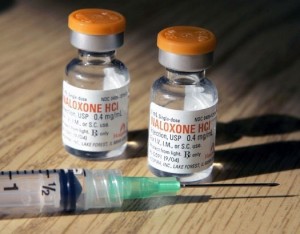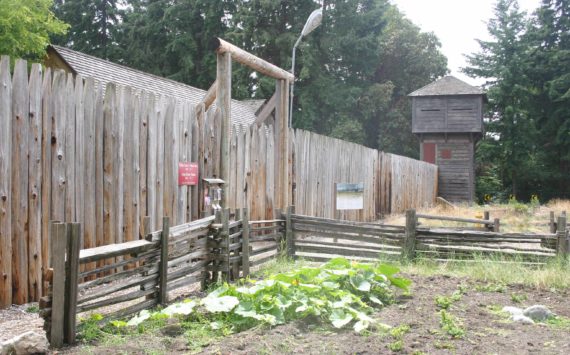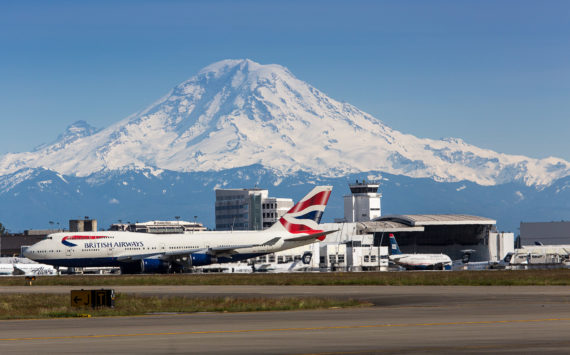OLYMPIA – The Washington State Department of Social and Health Services, working in partnership with the University of Washington’s Alcohol and Drug Abuse Institute, has been awarded $1 million per year, up to five years, from the U.S. Department of Health and Human Services to help prevent opioid overdoses and deaths.
The announcement was made by HHS on Aug. 31, which was also National Overdose Awareness Day. Washington was among 12 states to receive this funding to provide overdose prevention and response training and to distribute naloxone in high-need areas. Naloxone is a medication that can block the effects of opioids, including heroin and prescription pain medication, and restore breathing in an overdose.
“We are pleased to be awarded funding to reduce this serious public health problem in Washington,” said Chris Imhoff, Director of the DSHS Division of Behavioral Health and Recovery. “Over the five years of the project, overdose prevention resources will reach over 17,000 first responders, medical professionals, pharmacies and community partners. This will save lives and help connect people with opioid use disorders with critical healthcare and treatment services.”
Washington’s grant is part of the federal Opioid Initiative which focuses on improving opioid prescription practices, increasing the use of naloxone and helping people access treatment for opioid use disorder.
The partnership between DSHS and UW, known as the Washington State Project to Prevent Prescription Drug/Opioid Overdose, or WA-PDO, will use the grant to engage first responders, pharmacies and health care providers a to reduce the risk of overdose and death among people who use heroin and prescription opioids.
WA-PDO will work with syringe exchange programs in Pierce, Skagit, Thurston and Walla Walla counties. Training and naloxone kits will be provided to first responders and to community members who may be at risk for having, or witnessing, an opioid overdose.
In Washington, about 600 people per year die due to opioid overdose. The use of naloxone to reverse an opiate overdose not only saves lives, but can also be a catalyst for many to seek treatment.
– Washington State DSHS








